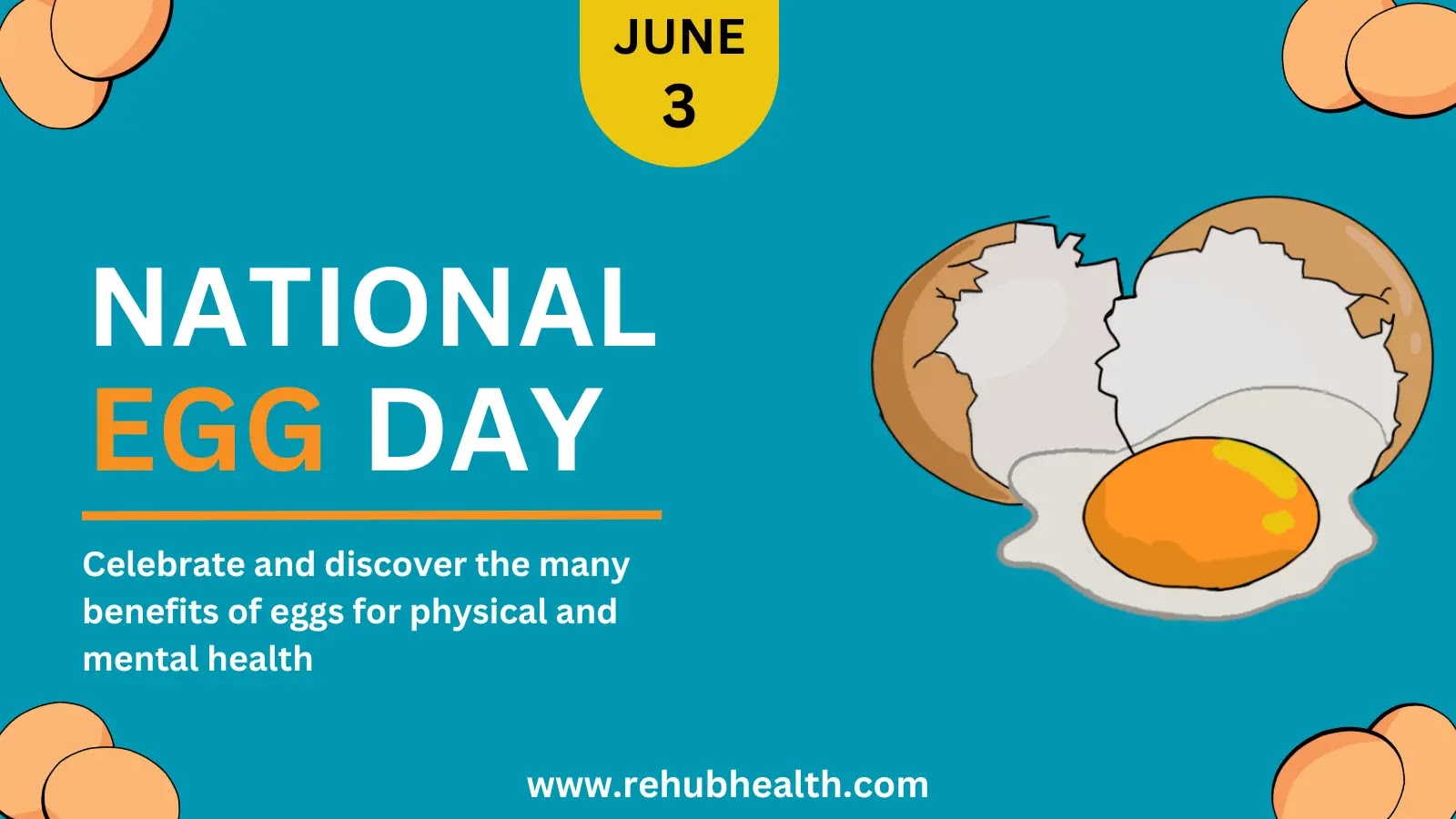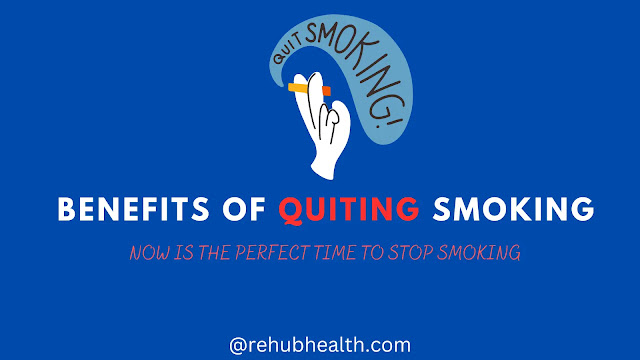Breastfeeding During Ramadan
Overview
In what cases is it permissible not to fast a nursing mother And when should she break her fast Here is this information and the best tips related to a nursing mother and fasting in the following:
Many breastfeeding women wonder in the month of Ramadan will fasting affect the lactation of the baby and his health, This question puzzles many new mothers and there are some restrictions related to breastfeeding and fasting.
The most important information and tips about a nursing mother and fasting are as follows:
Nursing Mother and Fasting
A nursing woman who does not suffer from any chronic illness can fast and receive healthy food and fluids in sufficient quantities during Iftar and Suhoor to meet all of her and her baby's needs for nutrients and nutrients.
There is also no objection to fasting if the infant has exceeded the first six months, especially if he is completely dependent on breastfeeding.
When is a nursing mother forbidden to fast?
It is preferable for a nursing mother to refrain from fasting in the following cases:
- If the infant is under six months old and completely dependent on breastfeeding.
- A nursing mother suffers from any diseases or medical conditions such as diabetes, low blood pressure, and others.
- If the quantity and quality of milk are affected during periods of fasting.
- The weight and growth of the infant are affected.
- If a nursing mother is afraid for herself or her baby fasting, the effect of this on the quality of breastfeeding is shown.
When should a nursing mother break the fast?
If a nursing mother starts fasting, she can stop fasting and break the fast in the following cases:
- The amount of milk is greatly affected.
- A nursing woman feels a severe headache or a drop in the eye.
- The pressure drops sharply and a feeling of general tension.
- A pronounced decrease in blood sugar and a feeling of dizziness.
- If any other abnormal health symptoms appear, she should immediately consult a doctor.
Tips for a Healthy Breakfast
For a healthy breakfast that meets all the necessary needs of you and your baby, we recommend:
- Eat a healthy, balanced, and inclusive meal for all needs.
- Speed up breakfast and start with a glass of water or yogurt with three small dates or any other fruit.
- Eat a glass of soup to prepare the stomach and prepare it to receive food.
- Drink fluids at a rate of at least 2-3 liters per day.
- Eat several small meals after Iftar until the suhoor date arrives.
- Avoid consuming caffeinated liquids such as coffee and carbonated drinks.
- Avoid artificially sweetened drinks and replace them with high-fiber foods such as fruits.
- Avoid pans, fatty foods, salty foods, and pickles as they cause extreme thirst.
- Take the necessary dietary supplements.
- Collect breast milk by suction during the breakfast period and store it in sterile bottles inside the refrigerator.
Tips for healthy Suhoor
It is very important to continue eating suhoor healthily during Ramadan, here are some important tips for the suhoor meal:
- Delay Suhoor for a period close to constipation from eating.
- Drink a sufficient amount of water of at least two liters.
- Avoid caffeinated drinks during the suhoor meal and replace them with natural juices.
- The ideal suhoor meal contains complex carbohydrates that provide the body with the energy needed during fasting periods, such as brown bread or whole grains.
- Eat protein that delays the feeling of hunger, such as eggs, milk, and its derivatives, or one of the types of legumes.
- Be sure to eat vegetables, fruits, and high-fiber foods that prevent constipation and provide the body with many minerals.
- Avoid eating high-fat foods such as fast food or sweets rich in sugars, as they increase the feeling of thirst and hunger the next day.
- Avoid salty foods such as pickles and fried foods that increase the feeling of hunger and thirst during fasting.
- Focus on eating some milk-stimulating foods such as oats and fenugreek.






